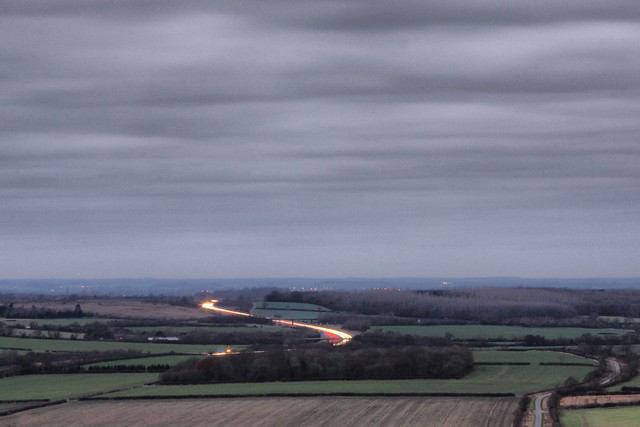- Messages
- 102
- Name
- Rachel
- Edit My Images
- No
Hello all,
Is there any articles/websites or just general tips that all you photography masters out there could give me with regards to taking photos at dusk/and night?
I'm currently looking into getting a 2nd hand dslr and have always wanted to take photos at night, how do you go about taking photos of landscapes, waterscapes and people without it coming out as a blurred drunk looking mess?
Especially when the landscape has street lights etc in it.
Any advice is welcomed for me to be ready for the whole new world of dslr cameras!
Thanks
Is there any articles/websites or just general tips that all you photography masters out there could give me with regards to taking photos at dusk/and night?
I'm currently looking into getting a 2nd hand dslr and have always wanted to take photos at night, how do you go about taking photos of landscapes, waterscapes and people without it coming out as a blurred drunk looking mess?
Especially when the landscape has street lights etc in it.
Any advice is welcomed for me to be ready for the whole new world of dslr cameras!
Thanks



